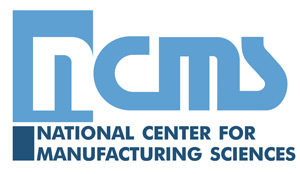Enhancing Condenser Tube Cleaning through Innovative Technology – Phase II
NCMS Project #: 142005
Problem: Currently, maintenance depots use high-pressure jets of water, known colloquially as hydro-lance systems, to remove fouling from the condenser tubes. The current process for cleaning tubes involves a crew of four people per high-pressure lance. If initial cleaning is not deemed sufficient, additional cleaning could be required, adding cost and time to the maintenance evolution. The U.S. Navy seeks to rectify this labor-intensive process by demonstrating technology and process solutions that are safer and more efficient.
Benefit: The number of tubes to be cleaned on a single project can be up to 60,000. This means that minor inefficiencies in the process can result in significant increases in duration to the work. This project seeks to validate an alternative technology and process to alleviate this problem. Lessons learned from this effort will be directly applicable to the commercial ship maintenance and sustainment community and can save numerous man-hours and equipment replacement costs through a revised condenser cleaning technology and process.
Solution/Approach: Phase II will build upon the successes of Phase I, by making some additional modifications of equipment from a specific vendor and perform additional testing demonstrations in support of the overall project goals. As well, similar equipment will be obtained to facilitate additional, more granular level of testing and evaluation on a separate set of condensers that have different configurational and layout challenges driving equipment design and installation.
Impact on Warfighter:
- Elevate to efficient cleaning processes
- Reduce maintenance and sustainment costs
- Improve safety to workers
- Increase warfighter readiness
DOD Participation:
- Puget Sound Naval Shipyard
Industry Participation:
- Terydon Inc.
- NCMS
Benefit Area(s):
- Cost savings
- Positive environmental impact
- Safety
- Improved readiness
Focus Area:
- Energy, environmental, health, and safety
